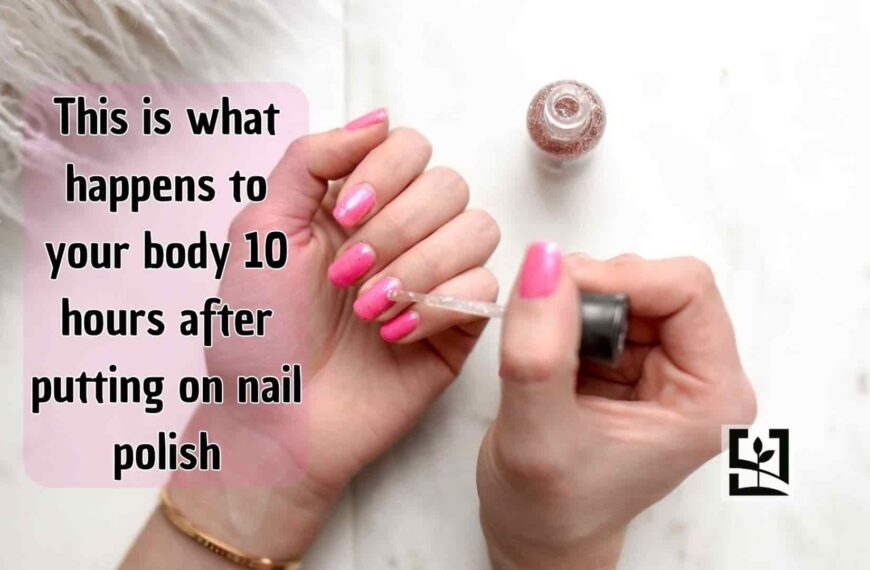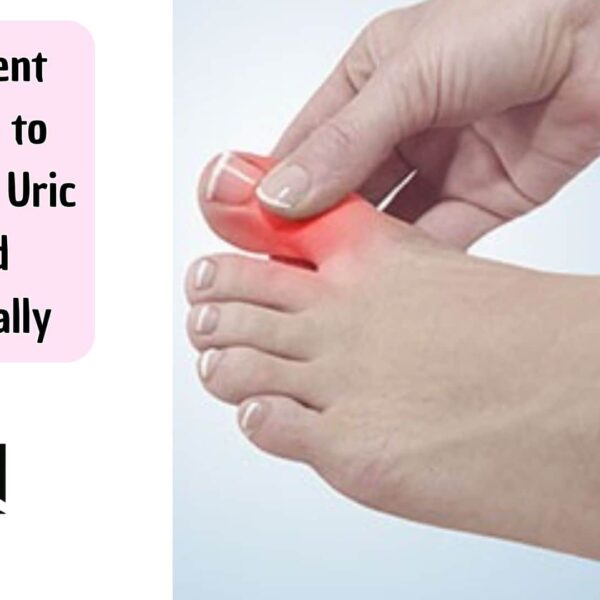It rotates clockwise in both directions. The disadvantage of walking is that you can only maintain your balance for short periods of time.
For many years, as women approach menopause, they have been given estrogen to control these symptoms. A 2002 HRT study raised concerns that estrogen deficiency may put women at risk for menopause. This is right in the middle of the truth.
If you or someone you love is over 35, check out these 10 signs of estrogen dominance and talk to your doctor for proper pointers if you suspect you have these symptoms…
1. Breast Enlargement:
Breast edema and swelling are among the most common symptoms of estrogen dominance, Dr. Lin said. Do you remember what it was like to be a teenager?
So if you feel this way, you should probably see your doctor.
2. Soft Breasts:
Dr. Lin has another tip: Hugging can hurt your chest. This may be the result of regenerative or fibrous tissue.
3. Hypothyroidism:
The effects of estrogen can lead to thyroid disease, which can affect other parts of the body, Dr. Northrop said.
4. She is beautiful:
Dr. Northrup also explained that this emotion can make you angry or sad. Premenstrual syndrome (PMS), which caused it in the first place, is now bothering you again.
5. Swelling in hands:
Patients often tell Dr. Lynn that their fingers are swollen and they can’t wear rings.
6. Unable to wear shoes: Because swelling occurs not only in the hands, but is often controlled by estrogen, and the feet swell, women complain that they cannot wear shoes.
7. Belly Fat:
Dr. Northrup believes that excessive fat intake, especially belly fat, is a sign of high estrogen levels.
8. Memory loss and distorted thinking:
Dr. Northrop says high estrogen levels can make patients feel as if they’re in a dense fog. There is memory. There is space. This won’t happen.
9. Endometriosis:
Dr. Lynn believes that endometriosis may be a symptom of a problem with too much estrogen.
Differentiator: The information provided should not be used to diagnose or treat any medical condition or disease and individuals requiring individual medical advice should contact a qualified physician. Always seek the advice of your physician or other authorized health professional regarding medical matters.






